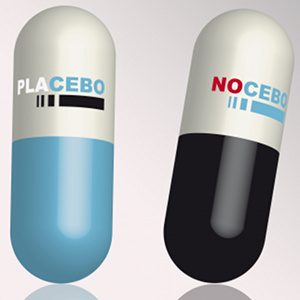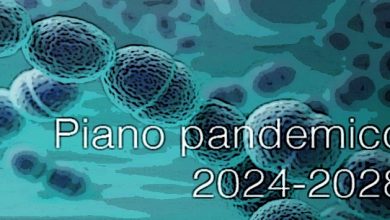
Study explores hypotheses in future screening to select patients
 The placebo effect - that is, firmly believing that a substance can give a benefit, to the point of actually obtaining it even if there is no active ingredient in what one assumes - can vary from person to person and the explanation could be hidden in the DNA.
The placebo effect - that is, firmly believing that a substance can give a benefit, to the point of actually obtaining it even if there is no active ingredient in what one assumes - can vary from person to person and the explanation could be hidden in the DNA.
It is the 'dark side' of suggestion that the study by the Beth Israel Deaconess Medical Center in Boston (USA), published in 'Trends in Molecular Medicine', is trying to investigate. Scientists are evaluating whether the genetics of patients who have experienced the placebo effect are different from those who have not experienced this type of reaction.
For the future, therefore, there is the possibility of selecting patients to be involved in research and trials in a more targeted way. "Understanding how the placebo effect works, and specifically which genes are involved - the scholars suggest - opens up the possibility of being able to improve patient responses to clinical treatments and pharmaceutical products, and could allow us to refine research that uses the placebo effect to measure the efficacy of new molecules”.
Previous studies have revealed that some brain signaling pathways, which are activated in particular with certain substances (dopamine, opioids, endocannabinoids and serotonin), help mediate the placebo effect. Starting from this type of knowledge, research is starting to examine the genetic variations that can modify the placebo effect: the results - concludes the work - could suggest the possibility of using genetic screening to identify patients who respond better.





